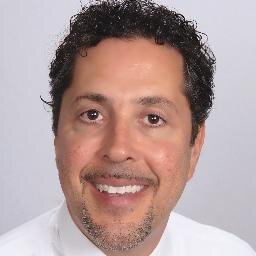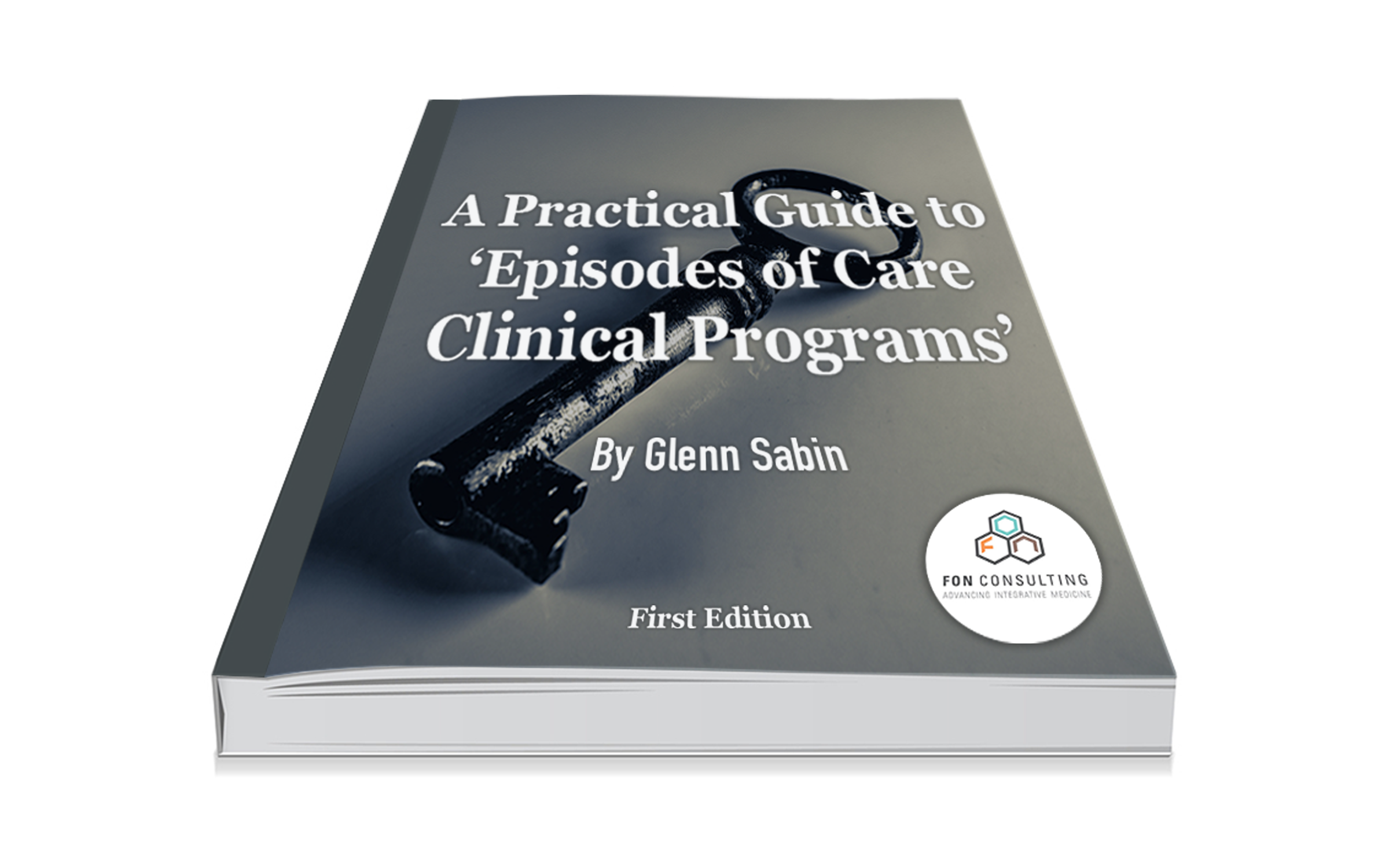The Role of Philanthropy in the Evolution of Integrative Medicine

Over time philanthropy has contributed greatly to the maturation of integrative medicine/oncology clinical programs. This is especially true within the academic medical center setting, and has had a profound effect on the growing consumer base of integrative medical services and natural products–an industry now estimated at over $50 billion annually.
Philanthropic leaders with a passion for integrative care have helped give these services a formal presence in some 50 of the nation’s academic health centers.
Philanthropy Makes it Possible
Philanthropy has:
- contributed to capital fundraising campaigns that have made possible the formation of several major academic-based integrative medicine programs
- supported the construction of several institutions’ physical infrastructure, and even entire buildings
- enabled the creation of numerous educational and community outreach programs centered around integrative care
- substantially supported the educational program producing the growing cadre of academic integrative medicine leaders
- supported select integrative medicine research projects
- been utilized to subsidize clinical services
The Sad, Current Reality
If not for the largesse of philanthropic organizations that have consistently supported academic-based integrative medicine and oncology programs, many of these centers would be operating in the red, greatly reduced in stature, or closed altogether. Often, it’s the combination of philanthropy, private foundations, angels, parental institutional support and individual giving that keeps these centers afloat. The generosity of philanthropists has been the consistent thread keeping many a center together.
No Different Outside of Academia
While this post focuses on integrative medicine/oncology centers under the rubric of academia, it should be noted that many community-based hospitals and centers also rely heavily on philanthropy and additional similar sources–i.e., private foundations, angels, corporate coffers, individual giving and volunteers–to sustain their own integrative programs.
What about the Little Guys?
The independent centers, whether structured as 501( c )3 non-profit entities or for-profit clinics, also struggle depending on their unique clinic and business models. But for them, philanthropy is much harder to come by. They typically don’t have the necessary human resources or wherewithal to seek this support thru consistent networking and grant-writing. Staunch patient supporters do give, and local charity organizations sometimes subsidize select services for those less fortunate, but many independent clinics are able to survive by running leaner operations than their academic brethren–and by implementing various clinic and business models that cannot always be replicated within an academic-based or community hospital setting. This post is focused on philanthropy; a future post will home in on integrative clinic and business models, some of which tie directly back to the funding types discussed in this writing.
Enjoying this article? Subscribe and get our latest, delivered straight to your inbox.
The fact is that operations in academic medicine have significant additional levels of overhead and oversight. This makes them more costly. And it is worth noting that conventional primary care operations owned by health systems are often subsidized, sometimes handsomely. The health system sees them as “loss leaders” for generating referrals to their money-making inpatient operations. In this, outpatient integrative centers are not so unusual.
Philanthropy for Research, Community Outreach and Education is Smart
Philanthropy is desperately needed to support the next generation of innovative integrative medicine research, especially whole systems designs that look at outcomes based on sets of synergistic interventions–much the same way comprehensive, high quality integrative medicine is practiced in clinic. As long as there is no compelling commercial upside for industry–who cannot easily create intellectual property around natural products–philanthropy will be needed to support this crucial research.
FON has reported on integrative medicine community outreach educational programs being offered to consumers (and medical professionals alike), and has offered tips for how to set up a program. Without philanthropic support, these programs would be very difficult to maintain. Done right, these experiential programs should and can result in the increase of integrative services–increasing patient volume–but often this is tough to track. Philanthropy remains important for academic centers to get out and educate the community about prevention and integrative medical care.
Philanthropy for the Support of Clinical Services is Not Good for the Business of Integrative Medicine
I realize I will take some heat for this, but I’m going to just come right out and say it: using philanthropic support to subsidize integrative clinical services for all but the indigent or those that cannot afford to pay is unsustainable as a clinic/business model; it can be a costly long-term decision that has over time resulted in the closing of many integrative medicine programs. These are typically “step-child” programs that are championed by their leaders, but rarely wholly supported by practitioner colleagues and those administrators charged to run a fiscally viable medical center.
Economic Realities of Providing Integrative Care Under Recessionary Times
Let’s face it: it’s a tough economy out there and folks–including middle class America–are often hesitant to pay out-of-pocket for integrative medical services not covered by their insurance policies. They have to be convinced of the benefit and overall economic value of the intervention. But folks can afford and do spend money around their health–on things like gym memberships, food choices and their recreational activities. True, many integrative services are not covered by payers–and help could be on the horizon–but health consumers, especially those that have not had success with a purely conventional medical route, can decide for themselves if there is value to paying for a nutritionist, an exercise physiologist or an acupuncturist out-of-pocket.
I speak with center administrators of different types and sizes daily, and quite a few are offering clinical services at no fee, fully subsidized by philanthropy and/or additional sources like those noted above. Most have more demand for integrative services than they have providers to supply. In order to provide more services they need to secure more resources. The services are provided at no charge regardless of one’s income level or overall ability to pay.
Centers that provide these services and others at no fee are not creating the foundation for a sustainable, long-term integrative medicine service line. These clinical services have been devalued, and the folks in the executive suites see them at best as loss leaders, sometimes being able to connect these low tech, high touch, low margin services to their high tech, low touch, high margin services.
Philanthropy used for development, education and research around integrative medicine is critical, but better clinic and business models need to be devised to allow clinical services to operate efficiently and profitably in a self-sustainable manner. This is how we grow the business of integrative medicine with the future in mind.
About FON
FON is a leading integrative health and medicine business development and strategy consulting firm. FON specializes in custom solutions for growing patient volume, developing programs, and increasing product sales. Our practical business models are driven by innovative marketing, clear messaging, and customer engagement via branded storytelling.
Contact us today to schedule a complimentary 30-minute consultation to discuss your business development or personal brand needs.

Read Glenn’s story.





















